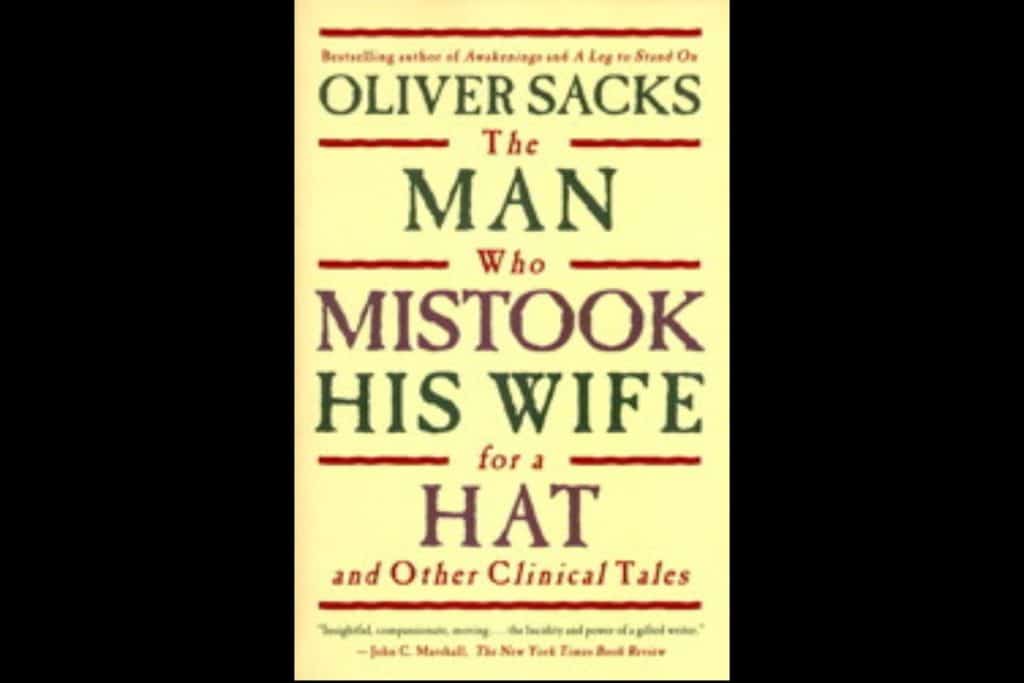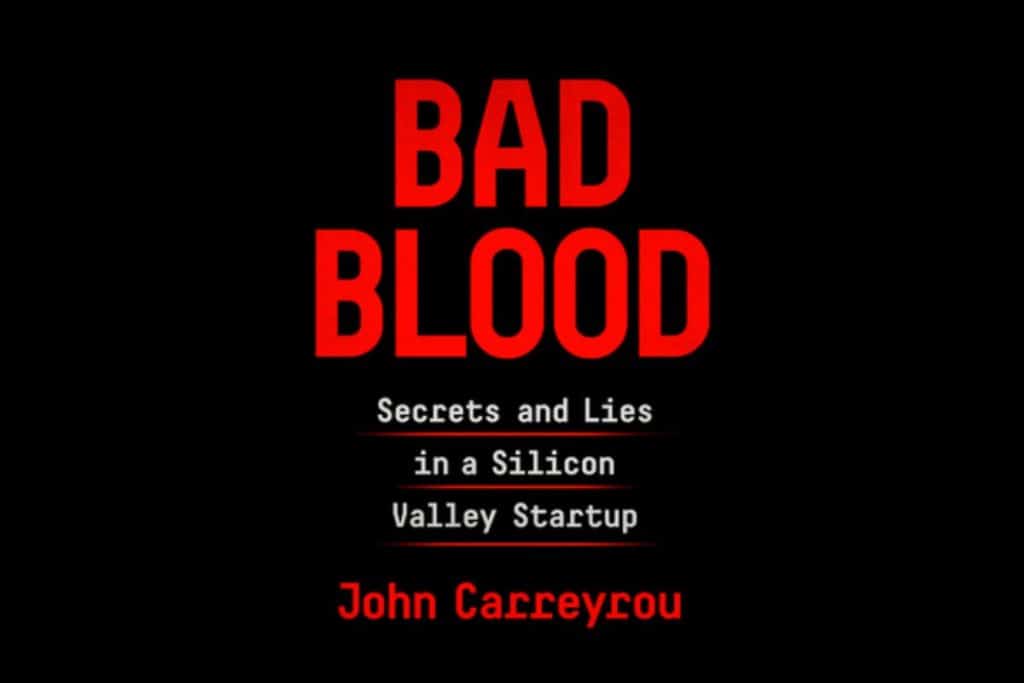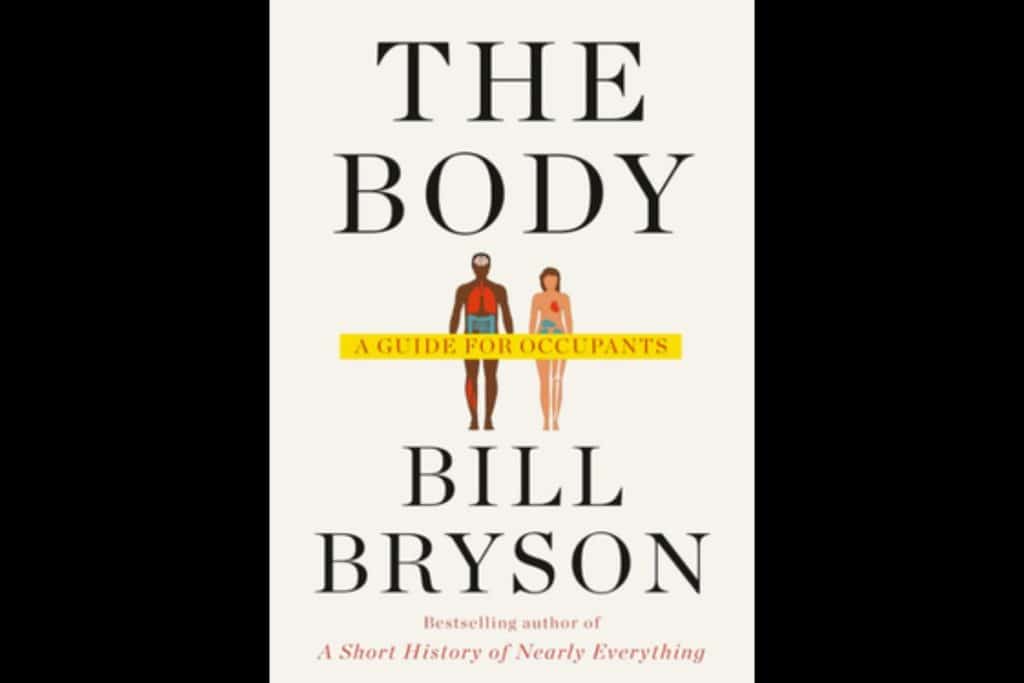17 Nonfiction Books That Will Make You Smarter
Nonfiction books are a great way to expand your mind, learn something new, and maybe even impress people at parties with random facts. Whether you want to dive into history, science, psychology, or just gain a deeper understanding of the world around you, these 17 nonfiction books will definitely leave you feeling smarter.
1. Sapiens: A Brief History of Humankind by Yuval Noah Harari

Harari’s Sapiens takes you on a whirlwind tour of human history, from our early hunter-gatherer days to the modern technological era. This book brilliantly explains how Homo sapiens became the dominant species on Earth, examining everything from cognitive revolutions to the rise of empires. You’ll come away with a whole new understanding of humanity and its impact on the world.
2. Thinking, Fast and Slow by Daniel Kahneman

Nobel laureate Daniel Kahneman breaks down the way our minds work in this groundbreaking book. He explains the two systems of thinking: the fast, intuitive thinking and the slower, more deliberate one. If you’ve ever wondered why you make snap judgments or fall for cognitive biases, this book is a fascinating dive into the human brain.
3. The Immortal Life of Henrietta Lacks by Rebecca Skloot

Skloot’s book tells the fascinating and often heartbreaking story of Henrietta Lacks, an African American woman whose cancer cells were taken without her consent in the 1950s. Those cells, known as HeLa cells, have been vital in countless medical breakthroughs. It’s a gripping exploration of medical ethics, scientific progress, and the human story behind it all.
4. Guns, Germs, and Steel by Jared Diamond

Ever wonder why certain civilizations advanced faster than others? Diamond’s Guns, Germs, and Steel looks at the role geography, biology, and environmental factors played in shaping human societies. This sweeping analysis will give you a new perspective on the history of the world and the forces that shaped it.
Follow us for more of these articles.
5. Why We Sleep by Matthew Walker

If you’ve ever underestimated the power of a good night’s sleep, Why We Sleep will quickly change your mind. Neuroscientist Matthew Walker delves into the science of sleep, explaining how it affects everything from memory and creativity to immune function and emotional regulation. It’s an eye-opening (but sleep-promoting) read.
6. The Power of Habit by Charles Duhigg

This bestseller explores why habits exist, how they’re formed, and how they can be changed. Duhigg uses real-world examples—from corporate success stories to personal transformations—to explain the science behind habit formation. If you’re looking to understand and improve your own habits, this book is packed with actionable insights.
Follow us for more of these articles.
7. Cosmos by Carl Sagan

Cosmos is a mind-expanding journey through the universe, expertly guided by the legendary Carl Sagan. Written with poetic clarity, this book explains the wonders of space, time, and life itself. It’s not just a science book—it’s a philosophical meditation on our place in the vast, beautiful cosmos. By the end, you’ll feel both infinitely small and profoundly connected to the universe.
8. Outliers: The Story of Success by Malcolm Gladwell

Why do some people succeed far beyond others? Gladwell’s Outliers investigates the factors that contribute to high achievement, from cultural background to the infamous “10,000-hour rule.” By examining the hidden forces behind success, this book will change the way you think about hard work, talent, and opportunity.
Follow us for more of these articles.
9. Freakonomics by Steven D. Levitt and Stephen J. Dubner

Economics doesn’t have to be boring, and Freakonomics proves it. Levitt and Dubner explore how incentives drive behavior in unexpected ways, applying economic theory to everyday life. From crime rates to parenting, this book is filled with fascinating insights and quirky conclusions that will make you see the world differently.
10. A Short History of Nearly Everything by Bill Bryson

Bryson’s signature wit shines through in this highly accessible science book, where he tackles everything from the Big Bang to the rise of humans. A Short History of Nearly Everything covers complex subjects like physics, chemistry, and biology in a way that’s both entertaining and informative. It’s perfect for anyone who wants to understand the world without getting bogged down in jargon.
Follow us for more of these articles.
11. Quiet: The Power of Introverts in a World That Can’t Stop Talking by Susan Cain

If you’ve ever felt out of place in a world that rewards extroversion, Quiet will validate your experience. Cain delves into the psychology of introverts, exploring how they contribute in ways that often go unnoticed. This book is a powerful reminder that you don’t have to be loud to be heard—and you’ll learn a lot about personality psychology along the way.
12. The Sixth Extinction: An Unnatural History by Elizabeth Kolbert

Kolbert’s Pulitzer Prize-winning book explores the five previous mass extinctions on Earth and argues that we’re currently living through the sixth—caused by human activity. Blending science with history, The Sixth Extinction is a sobering but important look at the impact humans have on the planet and what’s at stake for our future.
Follow us for more of these articles.
13. Factfulness: Ten Reasons We’re Wrong About the World—and Why Things Are Better Than You Think by Hans Rosling

Rosling challenges our often pessimistic view of the world, showing that things are much better than we think. By breaking down misconceptions about global health, poverty, and education, Factfulness presents an optimistic yet realistic view of progress. It’s the perfect antidote to doomsday thinking.
14. The Man Who Mistook His Wife for a Hat by Oliver Sacks

Oliver Sacks was a renowned neurologist, and in this book, he shares fascinating case studies of patients with unusual neurological disorders. From people who can’t recognize faces to those who experience strange sensory phenomena, The Man Who Mistook His Wife for a Hat offers insight into the bizarre, sometimes baffling workings of the human brain.
Follow us for more of these articles.
15. Atomic Habits by James Clear

Clear’s Atomic Habits is all about the power of small changes. He explains how tiny, incremental improvements can lead to significant changes over time. With practical tips on how to build good habits and break bad ones, this book will make you rethink the way you approach goals and personal growth.
16. Bad Blood: Secrets and Lies in a Silicon Valley Startup by John Carreyrou

This gripping true story of the rise and fall of Theranos, a biotech startup led by Elizabeth Holmes, reads like a thriller. Carreyrou, the journalist who broke the story, details how the company’s groundbreaking blood-testing technology turned out to be a complete fraud. Bad Blood is a cautionary tale about the dangers of hype, ambition, and deception in Silicon Valley.
Follow us for more of these articles.
17. The Body: A Guide for Occupants by Bill Bryson

Bryson makes another appearance on this list with The Body, a fascinating tour of the human body. Packed with interesting facts and surprising discoveries, Bryson demystifies everything from the brain to the immune system with his trademark humor and clarity. After reading this, you’ll have a newfound appreciation for the complexity and wonder of your own biology.
Like our content? Be sure to follow us!






